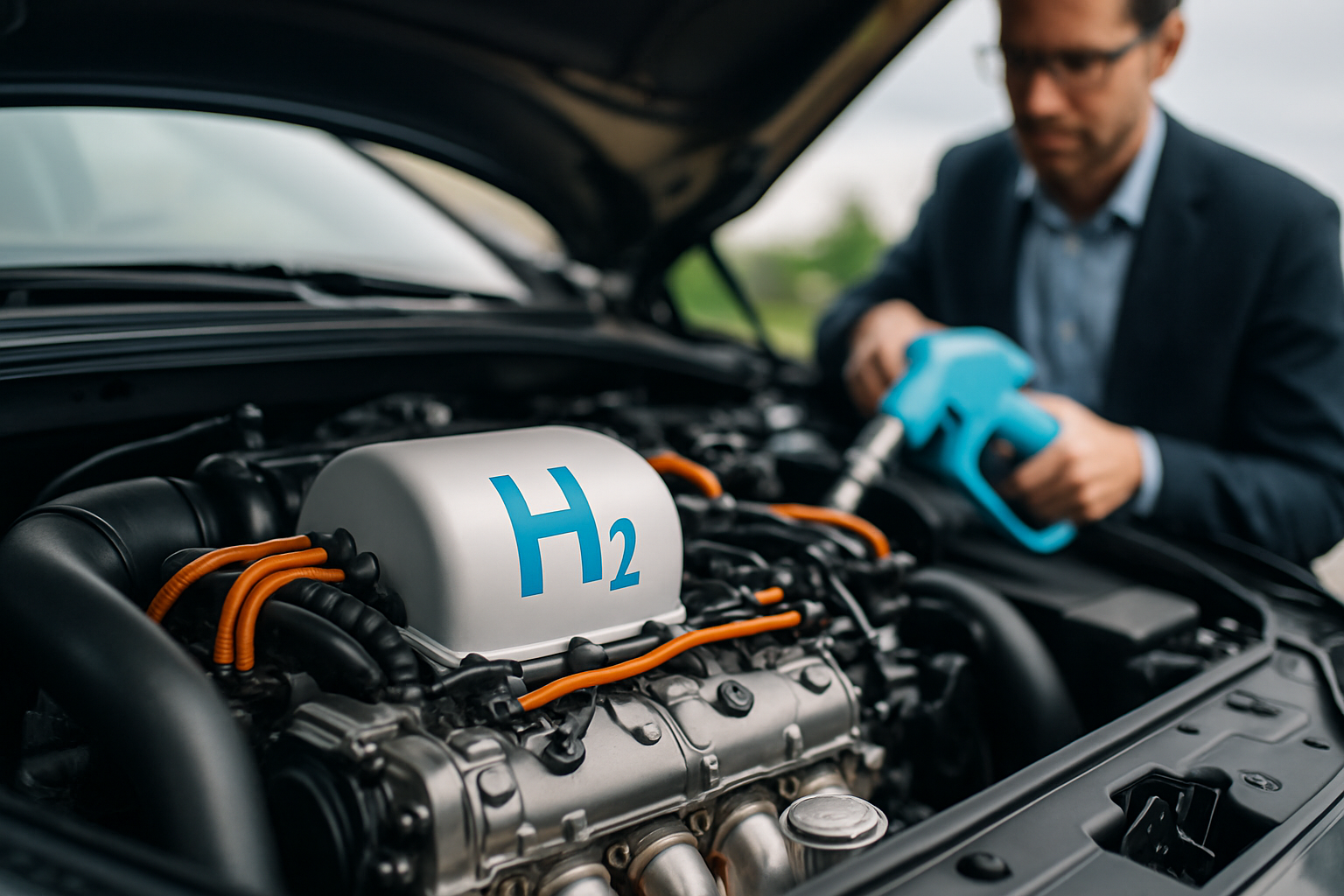Buying a Used Ford Mustang — Key Things to Know
The Ford Mustang remains one of America's most iconic sports cars, offering a blend of performance, style, and heritage that appeals to enthusiasts worldwide. When shopping for a used Mustang, buyers enter a market filled with diverse options spanning over five decades of production. From classic first-generation models to modern EcoBoost variants, each Mustang brings unique characteristics, potential issues, and ownership considerations that can significantly impact your buying decision and long-term satisfaction.

Understanding Mustang Generations, Trims, and Performance Differences
The Ford Mustang has evolved through six distinct generations since 1964, each offering different performance capabilities and features. The first generation (1964-1973) includes the highly sought-after Boss 302 and Mach 1 variants, while the second generation (1974-1978) focused more on fuel efficiency during the oil crisis. The third generation (1979-1993) introduced the popular Fox Body platform, known for its lightweight construction and modification potential.
Modern Mustangs from the fourth generation onward (1994-present) offer more refined driving experiences with advanced safety features. The current sixth generation, launched in 2015, provides three main engine options: the turbocharged 2.3L EcoBoost four-cylinder, the naturally aspirated 5.0L V8, and the supercharged 5.2L V8 in Shelby variants. Each trim level offers distinct performance characteristics, with horsepower ranging from approximately 310 HP in EcoBoost models to over 700 HP in high-performance Shelby configurations.
Evaluating Common Mechanical, Electrical, and Cosmetic Issues
Used Mustangs can experience generation-specific problems that buyers should carefully inspect. Early Fox Body models (1979-1986) often suffer from electrical gremlins, particularly with the charging system and dashboard components. The 4.6L V8 engines in fourth and fifth-generation models may develop timing chain tensioner issues, while the 5.0L Coyote engines are generally more reliable but can experience oil consumption problems in higher-mileage examples.
Cosmetic issues vary by generation and usage. Convertible models require special attention to soft-top condition, window regulators, and potential water damage. Performance variants with aggressive aerodynamic components may show signs of road damage or improper repairs. Interior wear patterns, particularly on seats and steering wheels, can indicate how the vehicle was driven and maintained.
How to Check Vehicle History: VIN, Recalls, and Maintenance Records
A thorough vehicle history investigation begins with the 17-character VIN number, which reveals manufacturing details, engine specifications, and recall information. Ford’s official website and NHTSA databases provide comprehensive recall listings, while services like Carfax and AutoCheck offer accident history and ownership records. Pay particular attention to flood damage indicators, as Mustangs with performance modifications are sometimes driven in adverse conditions.
Maintenance records become especially important for high-performance variants that require specialized care. Look for evidence of regular oil changes, transmission services, and cooling system maintenance. Modified vehicles should include documentation of professional installation and tuning, as improper modifications can lead to reliability issues and warranty complications.
Pricing, Market Value, and Smart Negotiation Tips
Used Mustang pricing varies dramatically based on generation, condition, mileage, and regional demand. Research current market values using resources like Kelley Blue Book, Edmunds, and local classified advertisements to establish realistic price expectations. Classic first and second-generation models command premium prices, particularly for rare options and low-mileage examples.
| Model Year Range | Engine Type | Average Price Range | Key Considerations |
|---|---|---|---|
| 2015-2020 | EcoBoost 2.3L | $20,000-$35,000 | Modern features, good fuel economy |
| 2015-2020 | GT 5.0L V8 | $25,000-$45,000 | Strong performance, higher maintenance |
| 2011-2014 | V6 3.7L | $15,000-$25,000 | Reliable daily driver option |
| 2005-2010 | GT 4.6L V8 | $12,000-$22,000 | Potential timing issues, classic styling |
| 1999-2004 | Various | $8,000-$18,000 | Higher mileage, modification potential |
Prices, rates, or cost estimates mentioned in this article are based on the latest available information but may change over time. Independent research is advised before making financial decisions.
Negotiation success depends on thorough preparation and realistic expectations. Identify specific issues discovered during inspection and research comparable sales to support your offer. Consider seasonal factors, as convertible models typically command higher prices during spring and summer months.
Ownership Costs: Insurance, Fuel, Maintenance, and Parts Availability
Insurance costs for used Mustangs vary significantly based on engine size, driver age, and location. High-performance variants like Shelby models typically carry premium insurance rates due to their power and theft appeal. Standard GT models generally fall into moderate insurance categories, while EcoBoost variants may qualify for slightly lower rates despite their performance capabilities.
Fuel economy ranges from approximately 19-28 MPG for EcoBoost models to 15-25 MPG for V8 variants, depending on driving conditions and habits. Maintenance costs increase with performance level and age, with specialized components like Brembo brakes and performance suspensions requiring more expensive service intervals.
Parts availability remains excellent for most Mustang generations due to the model’s popularity and extensive aftermarket support. Ford continues manufacturing many original components, while companies like Steeda, Roush, and American Muscle provide comprehensive aftermarket options. Labor costs vary by region and complexity, with independent Mustang specialists often providing better value than dealership service departments.
Buying a used Ford Mustang requires careful consideration of generation-specific characteristics, thorough mechanical inspection, and realistic budget planning for ownership costs. Success depends on matching your performance expectations with available options while maintaining awareness of potential issues and long-term maintenance requirements. Proper research and patient shopping typically result in finding a reliable, enjoyable Mustang that provides years of driving satisfaction.




